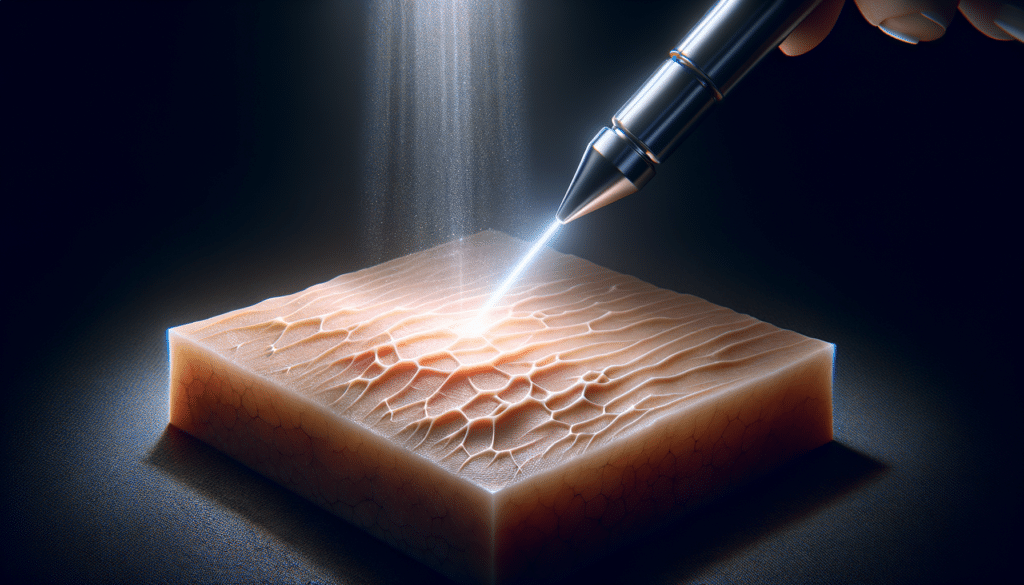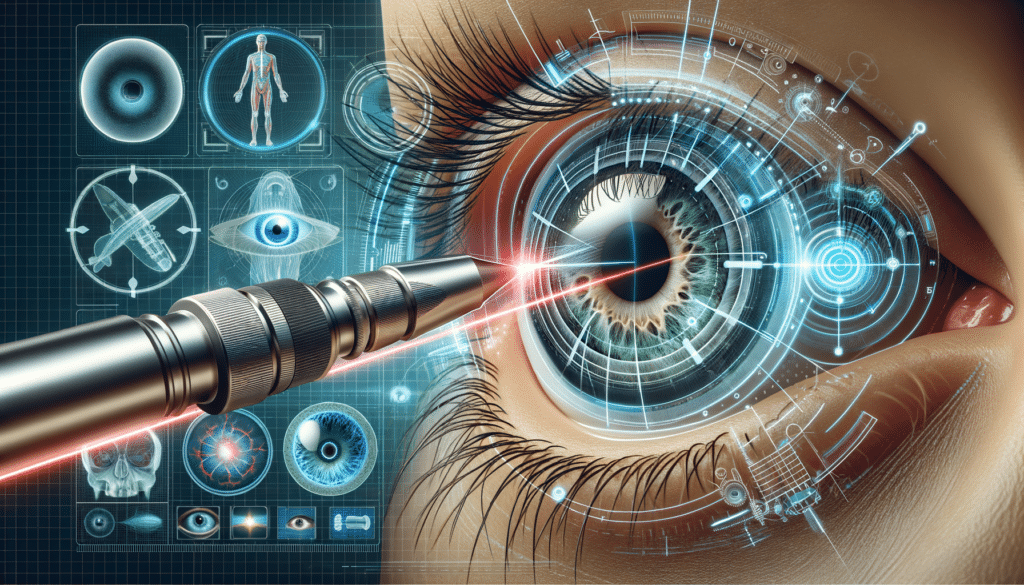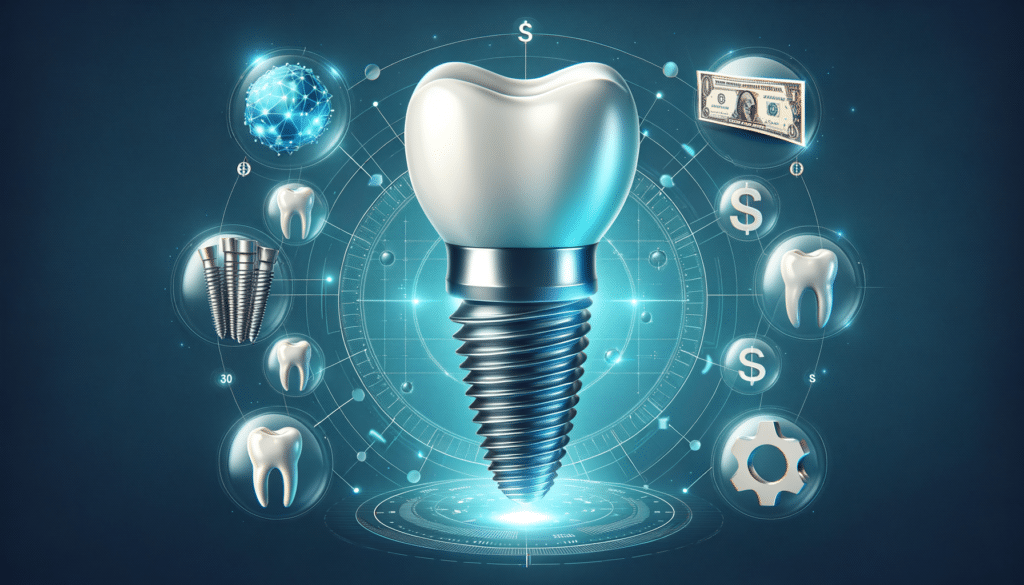Understanding Laser Skin Rejuvenation: A Modern Approach to Skincare
Laser Skin Rejuvenation is a cutting-edge cosmetic procedure that aims to restore the skin’s youthful appearance by using laser technology to target specific skin concerns. This non-invasive treatment has gained popularity due to its effectiveness in addressing issues such as wrinkles, fine lines, sun damage, and uneven skin tone. By harnessing the power of light energy, the procedure stimulates collagen production, which is essential for maintaining skin elasticity and firmness. The process involves using concentrated beams of light that penetrate the skin’s surface, promoting the natural healing process and encouraging the growth of new, healthy skin cells.
One of the remarkable aspects of laser skin rejuvenation is its ability to offer tailored solutions for different skin types and concerns. Unlike traditional methods, this technology allows for precision targeting, ensuring that only the affected areas are treated, which minimizes damage to surrounding tissues. This precision not only enhances the results but also reduces recovery time, making it a convenient option for those with busy lifestyles. Moreover, advancements in laser technology have made it possible to customize treatments to suit individual needs, ensuring optimal outcomes for each patient.
Key benefits of laser skin rejuvenation include:
- Minimally invasive: The procedure requires no incisions, reducing the risk of infection and scarring.
- Quick recovery: Most patients experience minimal downtime, allowing them to resume daily activities shortly after treatment.
- Long-lasting results: With proper skincare, the effects of laser rejuvenation can last for several months to years.
Overall, laser skin rejuvenation represents a significant advancement in aesthetic dermatology, offering a safe and effective way to achieve radiant and youthful skin.
The Science Behind Laser Skin Rejuvenation
The effectiveness of laser skin rejuvenation lies in its scientific foundation. The procedure employs various types of lasers, each designed to address specific skin concerns. The most commonly used lasers include ablative and non-ablative lasers. Ablative lasers work by removing the outer layers of damaged skin, which stimulates the underlying skin to generate new skin cells. This process is particularly effective for treating deeper wrinkles and scars.
Non-ablative lasers, on the other hand, focus on the deeper layers of the skin without damaging the surface. These lasers are ideal for treating mild to moderate skin issues, such as fine lines, pigmentation, and minor scars. They work by heating the underlying skin tissue, which triggers collagen production and promotes skin tightening. The choice between ablative and non-ablative lasers depends on the patient’s specific needs and desired outcomes.
Recent advancements in laser technology have led to the development of fractional lasers, which offer a unique approach by targeting microscopic areas of the skin. This technique allows for faster healing and reduced downtime, as only a fraction of the skin is treated at a time. Fractional lasers are versatile and can be used to address a range of concerns, from pigmentation to texture irregularities.
The science behind laser skin rejuvenation continues to evolve, with ongoing research focused on enhancing the safety and efficacy of the procedure. As a result, patients can expect more refined treatments that deliver exceptional results with minimal discomfort.
Comparing Laser Skin Rejuvenation to Other Treatments
When considering skin rejuvenation options, it’s essential to compare laser treatments with other available methods. Traditional options include chemical peels, microdermabrasion, and dermal fillers, each with its own set of benefits and limitations.
Chemical peels involve applying a chemical solution to the skin, which exfoliates the outer layers and promotes new skin growth. While effective for improving skin texture and tone, chemical peels can cause irritation and require a longer recovery period compared to laser treatments. Microdermabrasion is another technique that exfoliates the skin using a mechanical device. It is less invasive than chemical peels but may not provide as dramatic results as laser rejuvenation.
Dermal fillers, on the other hand, are injectable treatments that add volume to the skin, reducing the appearance of wrinkles and fine lines. While they offer immediate results, fillers are temporary and require regular maintenance to sustain the effect. In contrast, laser skin rejuvenation provides longer-lasting results by addressing the root causes of skin aging, such as collagen depletion and sun damage.
Ultimately, the choice between these treatments depends on the individual’s skin concerns, desired outcomes, and lifestyle. Laser skin rejuvenation stands out as a comprehensive solution that offers both immediate and long-term benefits, making it a popular choice among those seeking a holistic approach to skincare.
Preparing for Laser Skin Rejuvenation: What to Expect
Preparation is a crucial step in ensuring the success of laser skin rejuvenation. Before undergoing the procedure, patients should consult with a qualified dermatologist or cosmetic surgeon to discuss their goals and determine the most appropriate treatment plan. During the consultation, the practitioner will evaluate the patient’s skin type, medical history, and any existing skin conditions to tailor the treatment accordingly.
Prior to the procedure, patients may be advised to avoid sun exposure and discontinue certain skincare products, such as retinoids and exfoliants, to minimize the risk of complications. It’s also essential to maintain a healthy skincare routine to prepare the skin for treatment and enhance the results.
On the day of the procedure, patients can expect a relatively quick and straightforward process. The treatment area will be cleansed, and a topical anesthetic may be applied to ensure comfort during the session. The laser device will then be used to target specific skin concerns, with each session lasting between 30 to 60 minutes, depending on the area being treated.
After the procedure, patients may experience mild redness and swelling, similar to a sunburn, which typically subsides within a few days. It’s important to follow post-treatment care instructions provided by the practitioner, which may include avoiding direct sunlight, using gentle skincare products, and applying sunscreen regularly to protect the skin.
Proper preparation and aftercare are vital for achieving the best possible results and ensuring a smooth recovery process.
Exploring the Benefits and Considerations of Laser Skin Rejuvenation
Laser Skin Rejuvenation offers numerous benefits, making it an attractive option for individuals seeking to enhance their skin’s appearance. One of the primary advantages is its ability to deliver noticeable improvements with minimal downtime. Unlike more invasive procedures, laser treatments allow patients to resume their daily activities shortly after the session, making it a convenient choice for those with busy schedules.
The procedure’s precision also ensures that only targeted areas are treated, reducing the risk of damage to surrounding tissues and enhancing the overall safety of the treatment. Additionally, the stimulation of collagen production not only addresses existing skin concerns but also helps prevent future signs of aging, providing long-lasting results.
However, like any cosmetic procedure, laser skin rejuvenation comes with certain considerations. It’s essential for patients to have realistic expectations and understand that multiple sessions may be required to achieve the desired outcome. The number of sessions needed varies depending on the individual’s skin type, the severity of the concerns being addressed, and the type of laser used.
Potential side effects, although rare, may include temporary redness, swelling, and changes in skin pigmentation. Choosing a qualified and experienced practitioner is crucial to minimize these risks and ensure optimal results.
In conclusion, laser skin rejuvenation is a powerful tool in the realm of cosmetic dermatology, offering a pathway to more youthful and vibrant skin. By understanding the procedure’s benefits and considerations, individuals can make informed decisions and embark on a journey towards enhanced skin health and confidence.





